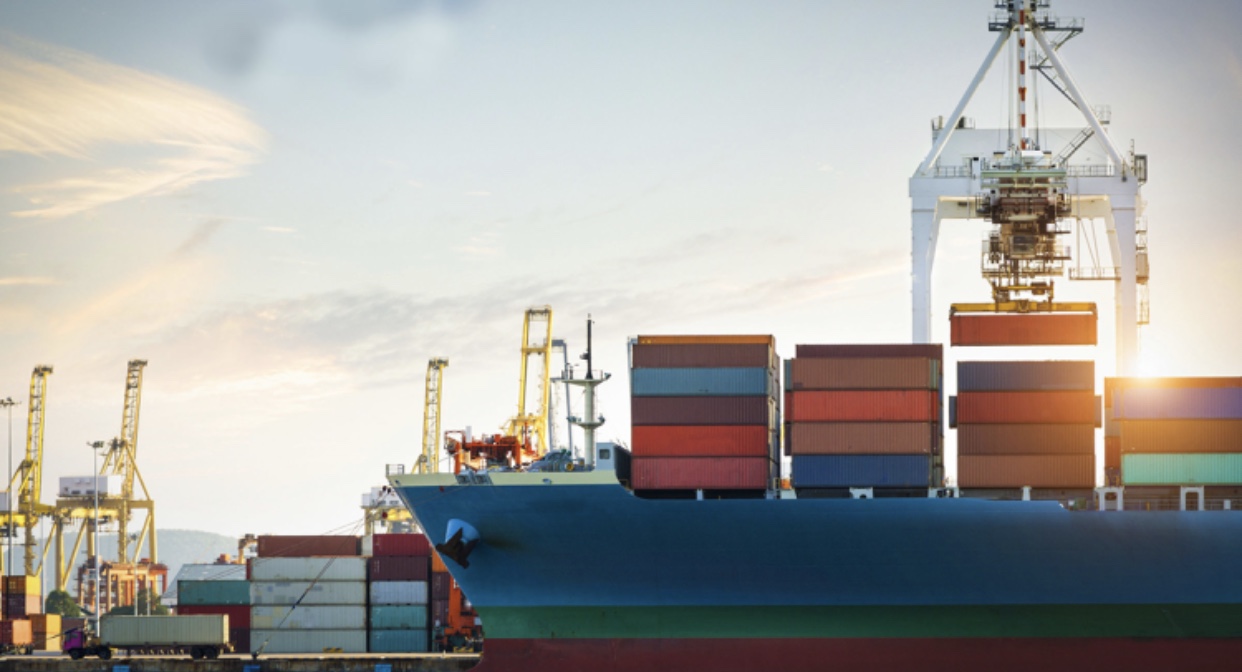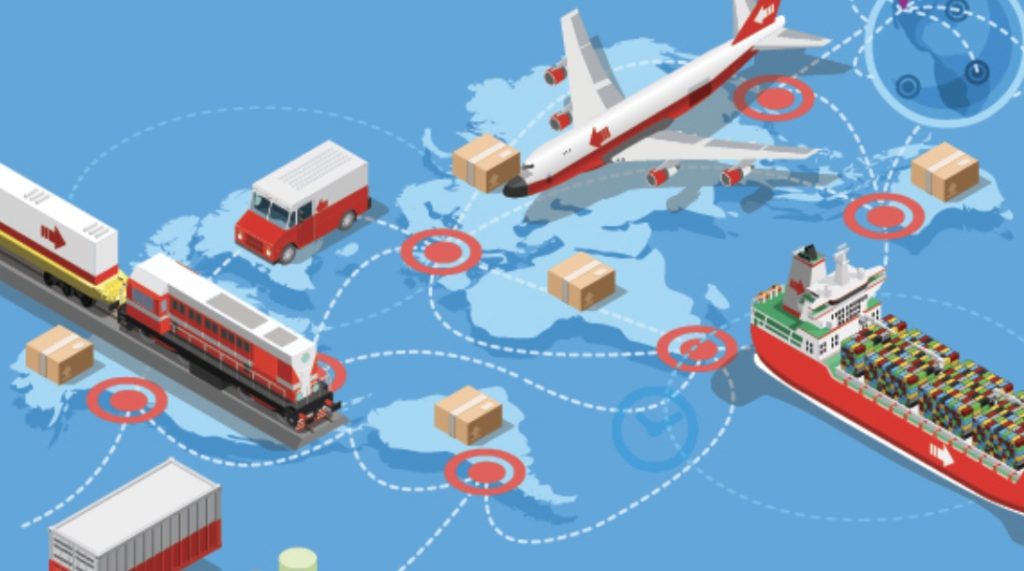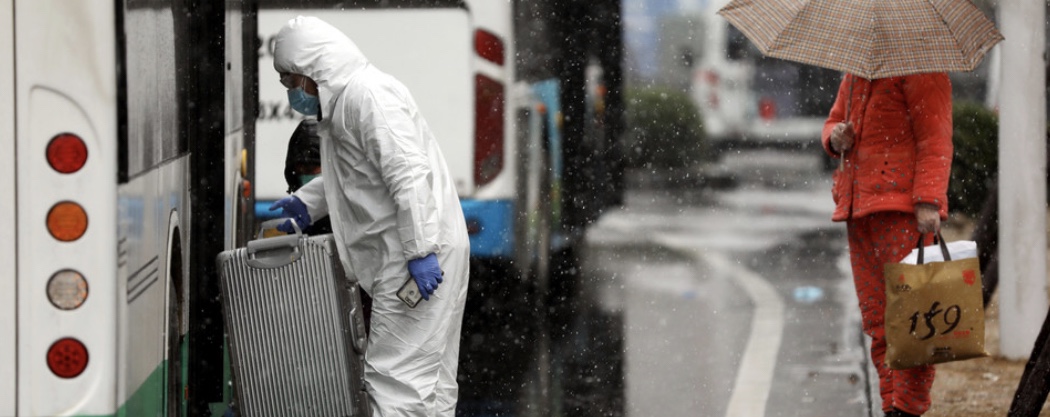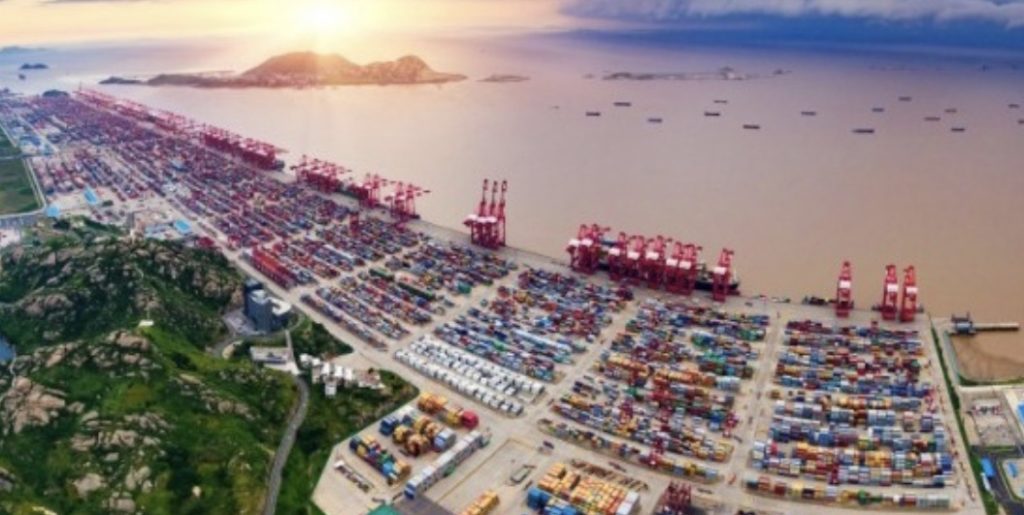In the middle of trade wars, increased protectionism and a virus effecting global trade, we celebrate the third anniversary of the WTO Trade Facilitation Agreement that sees an increasing implementation rate. There is hope.

Three years since the Trade Facilitation Agreement (TFA) entered into force on 22 February 2017, WTO members have continued to make steady progress in its implementation. Director-General Roberto Azevêdo, on the occasion of the TFA’s third anniversary, welcomed members’ efforts to ensure traders can reap the full benefits of the Agreement.
The TFA, the first multilateral deal concluded in the 25-year history of the WTO, contains members’ commitments to expedite the movement, release and clearance of goods across borders. As of the TFA’s third anniversary, 91% of the membership have already ratified the Agreement. It entered into force three years ago when the WTO obtained the two-thirds acceptance of the Agreement from its 164 members.

“Through this landmark reform, WTO members are working to ensure that the global trading system creates more prosperity for people,” Director-General Roberto Azevêdo said. “Delivering easier and faster trade through the TFA is a bright spot in international economic relations. WTO members are building upon the Agreement with continued cooperation and commitment.”
You can read the entire article here: Third anniversary of Trade Facilitation Agreement sees increasing implementation rate
Source: WTO
Another Monday. New projects and new meetings. Three countries this week.

It is always exiting to see where the week will take you.
China’s economic growth expected to slow to 4.5% in the first quarter of 2020 – the slowest pace since the financial crisis, according to a Reuters poll of economists.
“Global oil demand has been hit hard by the novel coronavirus,” says the International Energy Agency.
Factory shutdowns are slowing the flow of products and parts from China, affecting companies around the world, including Apple and Nissan.
As China grapples with the coronavirus, the economic damage is mounting around the world.

There are around 70,000 confirmed cases of COVID-19, the new coronavirus that emerged in Wuhan, China, in December and is spreading around the world. Businesses are dealing with lost revenue and disrupted supply chains due to China’s factory shutdowns, tens of millions of people remaining in lockdown in dozens of cities and other countries extending travel restrictions.
The shortage of products and parts from China is affecting companies around the world, as factories delayed opening after the Lunar New Year and workers stayed home to help reduce the spread of the virus. Apple’s manufacturing partner in China, Foxconn, is facing a production delay. Some carmakers including Nissan and Hyundai temporarily closed factories outside China because they couldn’t get parts.

The pharmaceutical industry is also bracing for disruption to global production. Many trade shows and sporting events in China and across Asia have been cancelled or postponed.
The travel and tourism industries were hit early on by economic disruption from the outbreak. Global airline revenues are expected to fall by $4-5 billion in the first quarter of 2020 as a result of flight cancellations, according to a report from the UN’s International Civil Aviation Organization (ICAO).
ICAO also forecasts that Japan could lose $1.29 billion of tourism revenue in the first quarter due to the drop in Chinese travellers while Thailand could lose $1.15 billion.






You must be logged in to post a comment.